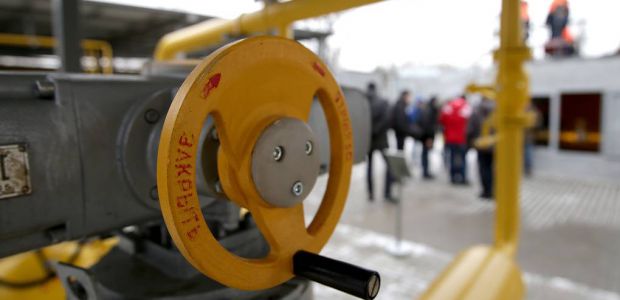The indefinite outcome of ongoing negotiations between the EU and Russia for a renewal of a gas supply agreement facilitating supply to the continent via Ukraine will be a major concern for Greek energy market officials at a meeting scheduled for Monday to examine domestic energy security matters for the forthcoming winter, including alternatives in the case of emergencies.
An existing gas supply agreement between the EU and Russia expires on December 31. It remains unclear when a new agreement could be reached and what terms it could carry. Talks between Brussels and Moscow have been difficult so far.
Officials representing Greece’s energy ministry, RAE, the Regulatory Authority for Energy, gas grid operator DESFA, power grid operator IPTO and the Greek energy exchange, amongst others, will participate in Monday’s meeting, at the RAE headquarters.
In a recent report, ENTSOG, the European Network of Transmission System Operators for Gas, tasked with facilitating and enhancing cooperation between national gas transmission system operators (TSOs) across Europe, pointed out two gas supply security concerns for Greece.
The country, along with central and other southeast European countries, would face problems if Russian supply via Ukraine were to be interrupted during high-demand periods.
Any disruption of LNG supply from Algeria, providing Greece with significant quantities, was also pointed out as a concern in the ENTSOG report.
The European Commission has requested all EU member states to provide respective gas-related energy security plans, given the uncertainty of the EU’s talks with Russia, so that Brussels may establish an overall picture.
Officials in Athens remain confident the Greek energy plan will effectively deal with gas needs in Greece this coming winter. An upgrade in the storage capacity of Greece’s Revythoussa LNG terminal close to Athens, as well as an increase in LNG imports, has helped reinforce this confidence.





